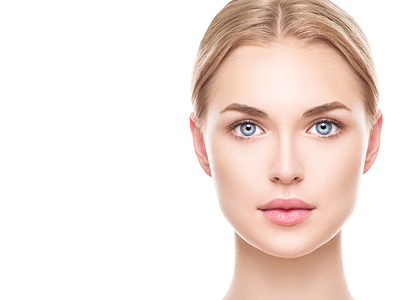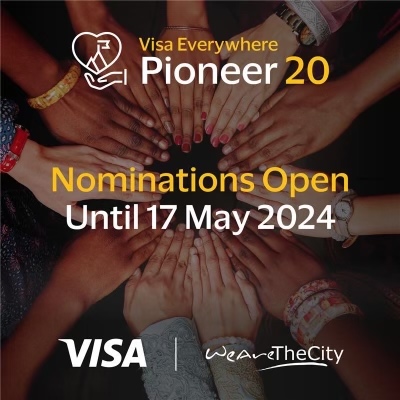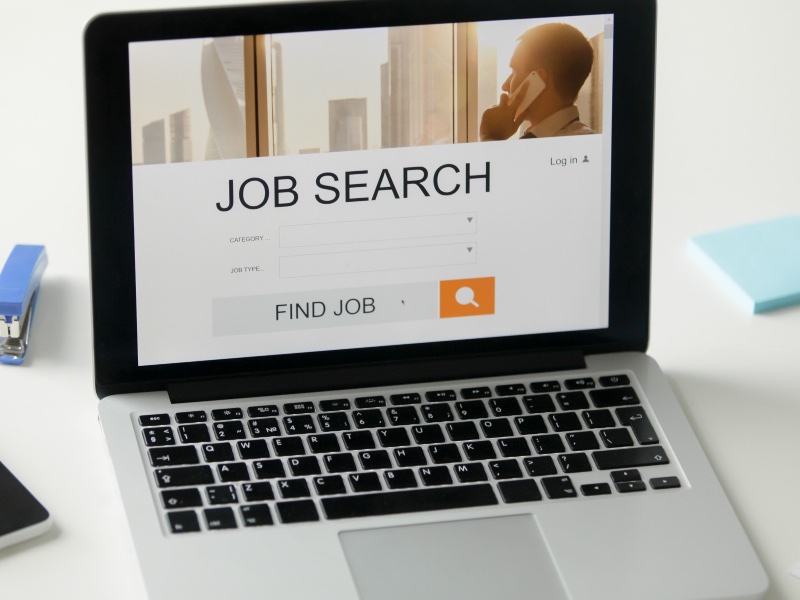54% of women would rather be run over by a truck than be fat.
Is this a further indication of the selfie generation’s descent into self-absorbed narcissism? More evidence of the deep-rooted social sexism twisting our daughters into glorified Barbie dolls? Or; a cold-blooded economic calculation that the extra $41,000 p/a skinny women earn over their overweight counterparts is worth a few broken bones?
It’s no secret that attractiveness pays. Pretty people can expect to earn $230,000 more than their plain peers over their respective lifetimes. Men over 6” earn $5,525 more than their short associates. In workplaces across the world, the beauty bias is alive and preening, however uncomfortably that sits with feminists, food lovers, and anyone who values talent over facial symmetry.
What can be done about it?
According to some (presumably beautiful) people, nothing should be done. They argue that as all human interactions are inherently biased in some way, the boost attractive people get is no different to the boost afforded to the rich or the educated. And there are caveats to the attraction advantage: good-looking male applicants may suffer if assessed by men who see them as competition, attractive women may experience the “bimbo effect” where they are considered less competent because of their looks.
Yet on balance beauty weighs heavily in the individual’s favour. And for unattractive people, the loss is two-fold; not only are they discriminated against, their knowledge that good looks are favoured is highly damaging to their social well-being. One in three girls and one in five boys are unhappy with their looks. Not coincidentally, 50% of teenage girls and 30% of teenage boys use unhealthy weight control behaviours. This prevalence of low self-esteem is not a good foundation for our society, and is unlikely to make for productive workers or effective bosses either.
Of course certain aspects of appearance, such as being a healthy weight, are good for the individual regardless and therefore should be encourage in the workplace and life generally. Other aesthetic preferences, such as being well-dressed, are neither exclusive nor linked to self-esteem, and therefore are reasonable preferences for a hiring manager to express.
More problematic is the appropriate response to the finding that the more make-up women wear, the more competent, likeable and trustworthy they are rated. On the face of it, advising women to wear make-up isn’t discriminatory (because any woman can buy and apply makeup). But any advantage make-up gives women is offset by both its time cost – it sucks up an average 38 minutes of their morning– and its financial cost: £100,000 over their lifetime. If cosmetics were purely a personal spending cost, this would be irrelevant. But if it is an imposed requirement – however implicitly – then it is a huge burden to place on female employees, and the gender imbalance in its requirement makes it unfair.
Of course, much of the beauty bias is linked not to controllable features, such as weight and clothes, but to aspects such as facial beauty, which are degenerative and impossible to alter without expensive and invasive surgery. Consider the results of this typical study: when an interview call-back rate for identically-qualified CVs averages out at 30%, attractive women received 54% of the call-backs, and attractive men 47%. While it is undoubtedly unfair that good looking candidates have a higher chance of being hired, worst still is that being unattractive significantly decreases your chance of landing a job interview, particularly if you are a woman. Only 7% of the unattractive female candidates got a callback (24% of the unattractive men did).
At first glance, this first-stage bias is more worrying for Europeans (who commonly put photos on their resumes) than for British applicants. Unfortunately, we live in the world of social media. When over 20 million Brits have LinkedIn profiles, and 60% of employers check the social media of their job applicants, the chances that a hiring manager will know what you look like before the interview is statistically high.
There is a way to completely reverse the attractiveness-hired correlation for women (but not for men). Putting other women in charge of hiring decisions makes it more likely that Plain Janes will be asked to interview at the expensive of their beautiful counterparts. The researches attribute this effect to jealousy, which is also an emotion best kept out of any boardroom. The only real solution is to follow the example of Belgium’s public sector, and remove the candidate’s name from the application. This would have the additional bonus of also removing the bias against foreign-sounding names, which hiring managers are equally susceptible to.
Of course, until we are hired by robots, blind applications will only work up until the interview stage. As it is undoubtedly important for employers to personally meet their prospect employees to determine fit and suitability, it will always be impossible to remove all bias from the process, especially when it is unconscious on the part of the interviewer. Countries could, however, follow the example of Washington DC and make deliberate discrimination on “personal appearance” illegal. This would prevent the most egregious cases, such as employers openly requesting “blonde” or “busty” candidates from recruiters. It might seem easy to circumvent, but sometimes making an opinion taboo is the first step on the road to changing it.
There are plenty of people who criticise attempts to remove the beauty bias from the workplace as the latest folly of bleeding-heart liberals trying to force a socialist utopia upon the world. There are some bosses who argue that because attractive people can use their beauty bias to bring in more business that it is a reasonable asset for a firm to value. There are even some feminists, such as Catherine Hakim, who argue that women in particular should use their “erotic capital” as a bargaining chip to empower themselves in the workplace.
Yet the beauty bias is not only fundamentally unfair, it is damaging on many levels. When attractive people are ill-equipped to perform assigned tasked because they were believed to be more competent and intelligent than they are, productivity suffers. When attractive people are more likely to be given a loan even when they are less likely to pay it back, the economy suffers. When attractive people are given shorter prison sentences, social justice suffers.
The beauty bias can never be eliminated entirely. But if it can be recognised, disparaged and opposed then we will be one step closer to a fairer society.
And that is beautiful.
Beth Leslie writes graduate careers advice for Inspiring Interns, a graduate recruitment agency specialising in matching candidates to their dream internship. Check out their graduate jobs Londonlistings for roles or, if you’re looking to hire an intern, have a look at their innovative Video CVs.







